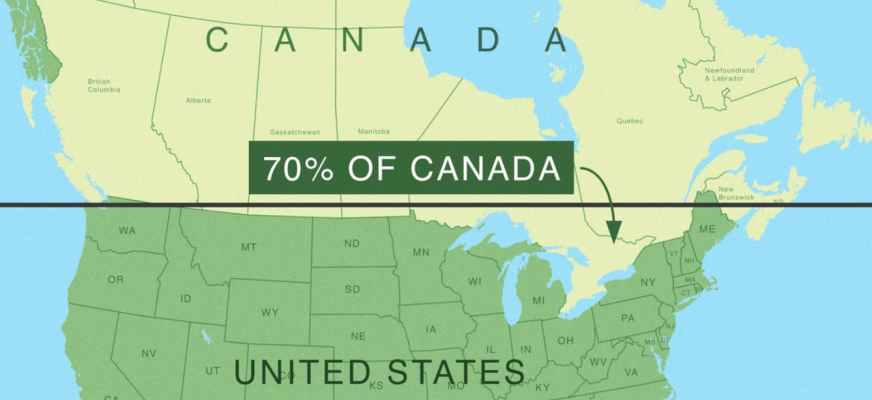Car-Guy
Give me a museum and I'll fill it. (Picasso) Give me a forum ...
TIL some threads/posts have TMI, butt,For the past few months I've been learning that hemorrhoids are a real PIA.
I knew that one... But, still interesting.Florida is the lightning capital of the United States
Last edited:


